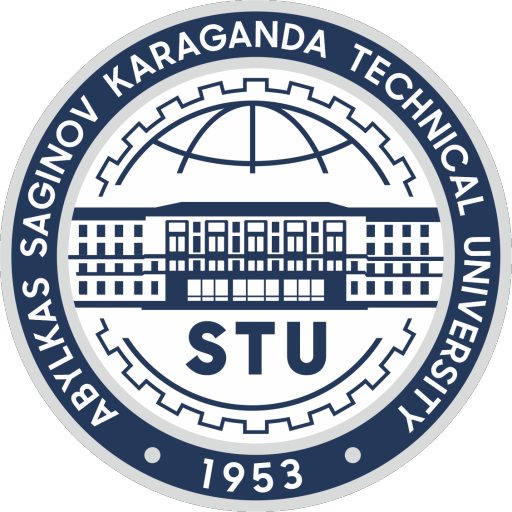- Sustainable development policy
- Work plan for the development of inclusive education for 2023-2025
- Questionnaire Data
Contact details:
- Abylkas Saginov Karaganda Technical University mail building
- Karaganda, аve. Nursultan Nazarbayev 56, room 248.
- Contact phone numbers: 8 (7212) 56-51-97 (vnutr.2003)
- E-mail: usrp.kstu@mail.ru
Employees of the Center for Sustainable Development
The Sustainable Development Goals (SDGs) are globally accepted goals aimed at eliminating poverty and misery, combating inequality and injustice, as well as protecting the planet and ensuring peace and prosperity for the entire population. By 2030, 17 key areas have been selected, the implementation of which can potentially lead the country to the sustainable development of all major spheres of life and the solution of global problems concerning every person in this world.
The Sustainable Development Goals were adopted by the United Nations in 2015 as a universal call for action to eradicate poverty and inequality, protect the environment, and ensure the prosperity of the world’s population. In total, 17 directions have been identified, the implementation of which can lead to the development of the main spheres of the economy and social life. The monitoring of the achievement of the SDGs is constantly monitored by representatives of the UN and the Government of the Republic of Kazakhstan.
The process of implementing and achieving the SDGs is constantly monitored by both UN representatives and the Government of the Republic of Kazakhstan. In order to effectively achieve the SDGs, the Inter-Agency and Expert Group on Indicators for Achieving the Sustainable Development Goals (MUEG- SDGs) has developed a system of global indicators, with the possibility for each UN Member State to nationalize these indicators. To date, Kazakhstan’s monitoring system for achieving the SDGs includes 280 indicators, of which 205 are global and 75 are national indicators.
In September 2015, within the framework of the 70th UN General Assembly at the UN Summit on the adoption of the Post-2015 Development Agenda, President of the Republic of Kazakhstan N.A. Nazarbayev, together with other leaders of the UN member states, signed a new document for further global development, emphasizing that the goals and benchmarks of the Sustainable Development Goals (SDGs) completely coincide with the priorities and tasks of Kazakhstan.
The SDGs represent a comprehensive universal set of goals and indicators until 2030 aimed at improving the quality of life of citizens, socio-economic development and environmental sustainability of States.
The SDGs consist of 17 goals to be achieved by 2030, as well as 169 related tasks and 242 indicators.
The SDGs are designed to promote sustainable development by combining three components: economic, social and environmental. The existence of a close relationship between the three components of sustainable development is of particular relevance in modern conditions, when the serious consequences of climate change and the need to preserve limited natural resources and transition to a “green” economy becomes obvious.
Sustainable Development Goals until 2030:
Goal 1. Universal eradication of poverty in all its forms.
Goal 2. Eliminate hunger, ensure food security and improve nutrition and promote sustainable agricultural development.
Goal 3. To ensure a healthy lifestyle and promote well-being for everyone at any age.
Goal 4. Ensure inclusive and equitable quality education and promote lifelong learning opportunities for all.
Goal 5. Ensuring gender equality and empowering all women and girls.
Goal 6. Ensuring the availability and rational use of water resources and sanitation for all.
Goal 7. Ensuring access to affordable, reliable, sustainable and modern energy sources for all.
Goal 8. Promote sustained, inclusive and sustainable economic growth, full and productive employment and decent work for all.
Goal 9. Build resilient infrastructure, promote inclusive and sustainable industrialization and innovation.
Goal 10. Reducing inequality within and between countries
Goal 11. Ensuring openness, security, resilience and environmental sustainability of cities and settlements.
Goal 12. Ensuring the transition to rational consumption and production models.
Goal 13. Taking urgent measures to combat climate change and its consequences.
Goal 14. Conservation and rational use of oceans, seas and marine resources for sustainable development.
Goal 15. Protection and restoration of terrestrial ecosystems and promotion of their rational use, rational forest management, combating desertification, stopping and reversing the process of land degradation and stopping the process of loss of biological diversity.
Goal 16. Promoting a peaceful and open society for sustainable development, ensuring access to justice for all and creating effective, accountable and participatory institutions at all levels.
Goal 17. Strengthening the means of implementation and strengthening the work of the Global Partnership for Sustainable Development.
